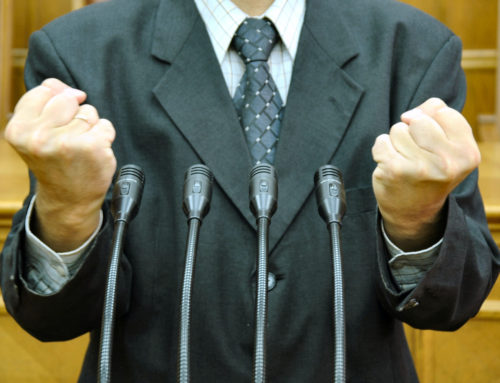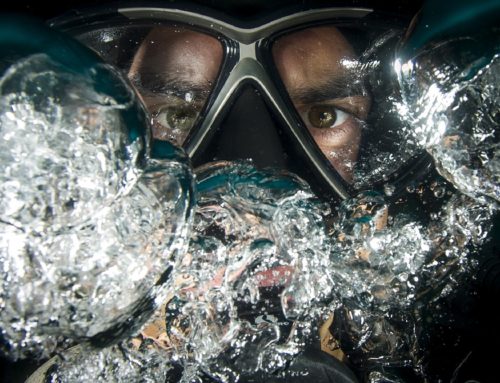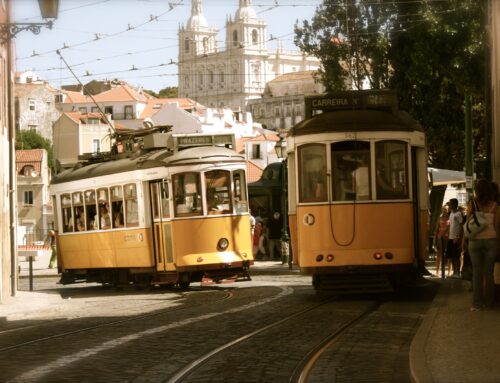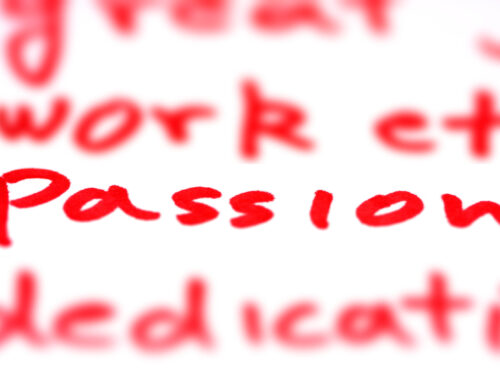Why did you become a language instructor? What do you like about that job?
I studied German and worked some time as a teacher in Switzerland. So once I started working in Poland, it was obvious for me to work as a language instructor for German. It is an interesting work: the learners are motivated, there are endless topics to talk about, there are some many different approaches to teach, and language changes (e.g. the influence of the English language (especially in the IT business) on the German language). Language is a vivid factor, something we use every day. Furthermore, I believe that communication is something very important.
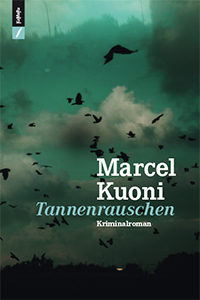
Has it always been your dream to become a writer?
Dream might not be the right expression. But it is definitely true that the idea of writing a book has been in my mind since quite a long time. Frankly speaking I cannot say when the idea first popped up… But I remember very well the moment when I sat down, turned on the laptop and tipped the first words on a blank word-sheet. And at the end there were almost 250-300 pages. Pages that tell a coherent story which one day started with a simple thought.
Where did you draw inspiration from when you were writing your book?
I placed the fictional story of my book – a detective story – in a real environment: the region where I grew up, an alpine area in the east of Switzerland. So the whole environment of the story is basically something I know like the back of my hand.
Before I even started to write I had already known that the crime scene would take place in a remote area in the mountains of my home town. So with this fact in mind I started to create a story around it: I planned different characters and let them appear in the story the way I wanted. I chose other locations thoroughly, invented more problems for the police and decided that local politicians should be corrupt in this story. All the rest was a matter of creativity.
What turned out to be the biggest challenge in the process of creating the book?
The biggest problem was definitely to find the right way for details. A simple example: a police officer and a suspicious character meet. How do I describe the scene? Which details do I mention (clothes, things in the room, feelings, odours etc) and how detailed should the description be? How long will this specific conversation last? How do I present the conversation? Shall I use oblique or direct speech, or just give a summary of it?
Each question needs to be considered carefully in order to keep the shape of the story.
How long did it take to complete it? How did you manage to stay motivated during the process?
I took me a bit more than two years to finish with the story. But handing over the manuscript to the publisher does not mean that the book will be printed within a week and available in bookstores within two weeks. A long period of proofreading and editing is needed before the final manuscript is sent to the printing house!
I got a lot of motivation from my family and friends who regularly asked about the status quo of the story and the planned publication of the book. The curiosity of those people really motivated me. Furthermore, I had two local organisations and one private person that supported me financially. But of course I had a lot of self-motivation too.
Are you planning to have your book translated to other languages any time soon?
I would really like to have it translated into Polish! So many of my Polish friends who do not speak German are curious about the story. And due to the fact that I live in Poland, this would be an exciting thing! I mean I could present my book in a foreign language. I am sure the book would be interesting for Polish readers. My Swiss publisher wants the book to be translated too. However, we have not found a Polish publishing house yet that would publish the story.
But I hope that it will happen soon.

Marcel W. Kuoni – lektor języka niemieckiego, autor powieści kryminalnej „Tannenrauschen”
Marcel pochodzi z Maienfeld w Szwajcarii. Ukończył Pädagogische Hochschule Zürich, Szwajcaria i Universität von Lappland in Rovaniemi, Finlandia. Od ponad 10 lat mieszka w Polsce.


